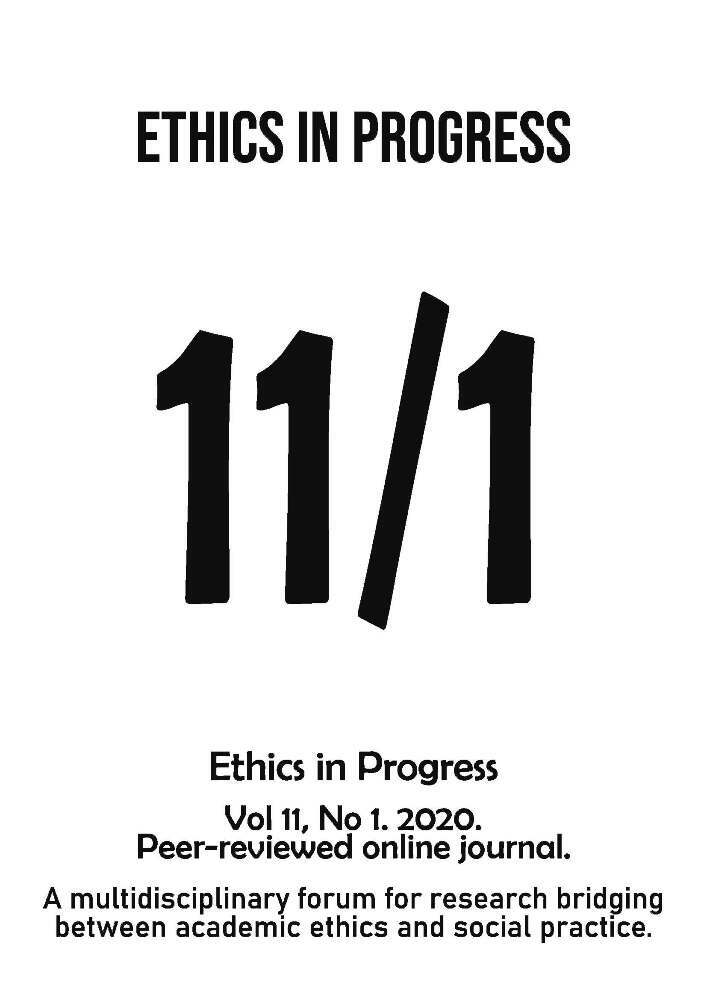Abstract
The article aims to 1) focus on welfare opportunities near the conflict zone in Turkey. Providing a good life for children under every condition belongs to the responsibilities of both, national and international communities. The capability approach Theory seems to promote such responsibilities at best. However, the Turkish example does not show effects as satisfactory as the German example with Turkish migrant children, which is discussed in this article and illustrated with research findings provided by the author.
References
Auernheimer G. 2005. “The German Education System: Dysfunctional for an Immigration Society,” European Education 37(4):75–89.
Bos W., Lankes E. M., Prenzel M., Schwippert K., Valtin R., & Walther G. 2007. „Erste Ergebnisse aus IGLU: Schülerleistungen am Ende der vierten Jahrgangsstufe im internationalen Vergleich“, Sozialwissenschaftlicher Fachinformationsdienst soFid, Bildungsforschung 1:9–46
Biggeri M., Libanora R., Mariani S., & Menchini L. 2006. „Children Conceptualizing Their Capabilities: Results of a Survey Conducted During the First Children’s World Congress on Child Labor,” Journal of Human Development 7(1):59–83.
Birks M. & Mills J. 2015. Grounded Theory: A Practical Guide. London: Sage.
Burchardt T. & Vizard P. 2011. “Operationalizing the Capability Approach as a Basis for Equality and Human Rights Monitoring in Twenty‐first‐century Britain,” Journal of Human Development and Capabilities 12(1):91–119.
Celikaksoy A. & Wadensjo E. 2016. “Mapping Experiences and Research about Unaccompanied Refugee Minors in Sweden and other Countries,” Discussion Paper no. 10143, Bonn.
Charmaz K. 2017. “The Power of Constructivist Grounded Theory for Critical Inquiry,” Qualitative Inquiry 23(1):34–45.
Comim F., Qizilbash M., & Alkire S. (Eds.) 2008. The Capability Approach: Concepts, Measures and Applications. Cambridge: Cambridge University Press.
Deane S. 2016. “Syria’s Lost Generation: Refugee Education Provision and Societal Security in an Ongoing Conflict Emergency,” IDS Bulletin Transforming Development Knowledge 47(3), URL: https://bulletin.ids.ac.uk/index.php/idsbo/article/view/2729/HTML (last acccessed on June 2, 2020).
Flick U. 2014. An Introduction to Qualitative Research. London, England: Sage.
Glaser B. G. & Strauss A. 1967. The Discovery of Grounded Theory: Strategies for Qualitative Research. London: Weidenfeld & Nicolson.
Gomolla M. & Radtke F. O. 2000. „Mechanismen institutionalisierter Diskriminierung in der Schule,“ in I. Gogolin & B. Nauck (Eds.), Migration, gesellschaftliche Differenzierung und Bildung (pp. 321–341). Wiesbaden: VS Verlag für Sozialwissenschaften.
Hammick M. 1996. Managing the Ethical Process in Research. Dinton, UK: Quay Books, Mark Allen Publishing Ltd.
Hovestadt G. 2003. Wie setzen die Bundesländer den Bildungsauftrag der Kindertageseinrichtungen um. Vom Gesetz zur Praxis. Eine Studie im Auftrag der Max-Träger Stiftung, Rheine.
Jugendstudie 2015. Jugend 2015. Frankfurt am Main.
Kelle U. 2010. “The Development of Categories: Different Approaches to Grounded Theory,” The Sage Handbook of Grounded Theory 2:191–213.
Kornmann R. 2006. „Entwicklungstheoretische Grundlagen für eine diagnostisch gestützte individualisierende pädagogische Förderung 4- bis 8-Jähriger“, Beiträge zur Lehrerinnen-und Lehrerbildung 24(2):183–191.
Kirsten C. 2006. „Ethnische Diskriminierung im deutschen Schulsystem? Theoretische Überlegungen und empirische Ergebnisse,“ No. SP IV 2006-601. WZB Discussion Paper.
Lambert S. D. & Loiselle C. G. 2007. “Health Information-Seeking Behavior,” Qualitative Health Research 17(8):1006–1019.
Martinetti E. C. 2006. “Capability Approach and Fuzzy Set Theory: Description, Aggregation, and Inference Issues,” in A. Lemmi & G. Betti (Eds.), The Fuzzy Set Approach to Multidimensional Poverty Measurement (pp. 93–113). Boston, MA: Springer.
Martinetti E. C., Egdell V., Hollywood E., & McQuaid R. 2015. “Operationalization of the Capability Approach,” in H.-U. Otto et al. (Eds.), Facing Trajectories from School to Work: Towards a Capability-friendly Youth Policy in Europe (pp. 115–139). Cham: Springer.
Organization for Economic Co-operation and Development (OECD). 2016. Country Note Germany. Programme for International Student Assessment (PISA) Results from PISA 2015. Paris: OECD. Retrieved on 2 February 2017 from http://www.oecd.org/pisa/pisa-2015-Germany.pdf
Organization for Economic Co-operation and Development (OECD). 2017. Better Life index. Retrieved 2 February 2017 from www.oecdbetterlifeindex.org
Klasen S. & Schüler D. 2011. “Reforming the Gender-related Development Index and the Gender Empowerment Measure: Implementing Some Specific Proposals,” Feminist Economics 17(1):1–30. DOI: https://doi.org/10.1080/13545701.2010.541860.
Lasse N. & Axelsen D. V. 2017. “Capabilitarian Sufficiency: Capabilities and Social Justice,” Journal of Human Development and Capabilities 18(1):46–59. DOI: https://doi.org/10.1080/19452829.2016.1145632.
Nussbaum M. C. 2000. Women and Human Development: The Capabilities Approach. New York: Cambridge University Press.
Nussbaum M. C. 2011. Creating Capabilities. Cambridge, MA: Harvard University Press.
Robeyns I. 2005. “The Capability Approach: A Theoretical Survey,” Journal of Human Development 6(1):93–117.
Robeyns I. 2011. “The Capability Approaches,” Stanford Encyclopedia of Philosophy.
Robeyns I. 2016. “Capabilitarianism,” Journal of Human Development and Capabilities 17(3):397–414. DOI: 10.1080/19452829.2016.1145631
Robeyns I. 2005. “Sen’s Capability Approach and Gender Inequality: Selecting Relevant Capabilities,” in B. Agarwal, J. Humphries, & I. Robeyns (Eds.), Amartya Sen’s Work and Ideas: A Gender Perspective (pp. 64–94). Abingdon, Oxon: Routledge.
Sen A. 1985. “Well-being, Agency and Freedom: The Dewey Lectures 1984,” The Journal of Philosophy 82(4):169–221.
Sen A. K. 2009/2010. The Idea of Justice. Cambridge, MA: Allen Lane, Penguin & Harvard University Press.
United Nations Development Programme, UNDP, Edition 2011. „Statistical Annex: Technical Notes – Technical Note 2: Calculating the Inequality-adjusted Human Development Index,” Human Development Report 2011: Sustainability and Equity: A Better Future for All. New York Basingstoke: United Nations Palgrave Macmillan.
United Nations Development Programme, UNDP, Edition 2013. „Chapter 1: The State of Human Development (Progress of Nations, Equity and Human Development): Gender and Women’s Status,” Human Development Report 2013: The Rise of the South: Human Progress in a Diverse World. New York, NY: United Nations Development Programme.
Internet resources:
UNHCR 2020 Statistic, https://www.unhcr.org/dach/de/services/statistiken (last accessed on June 01, 2020).
UNICEF 2020 Education, https://www.unicef.org/education (last accessed on June 01, 2020).





